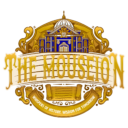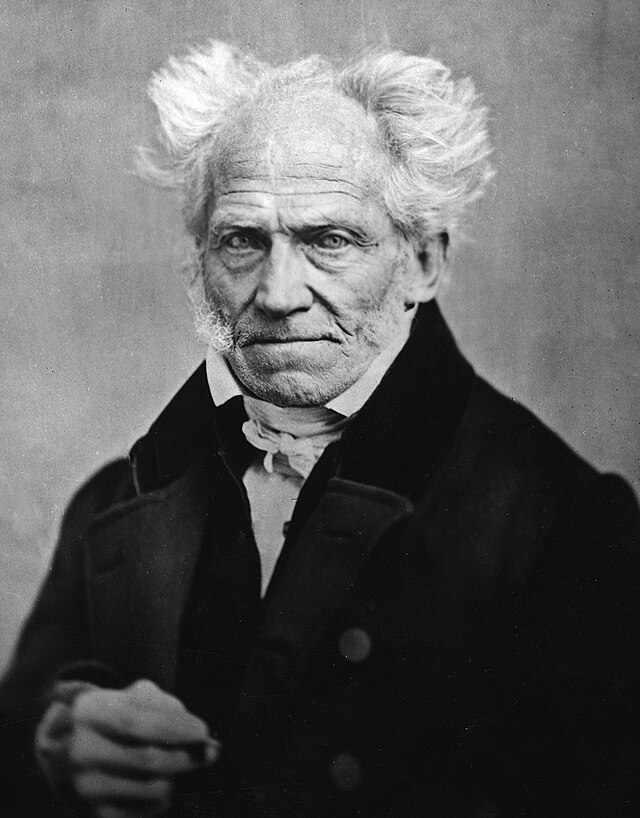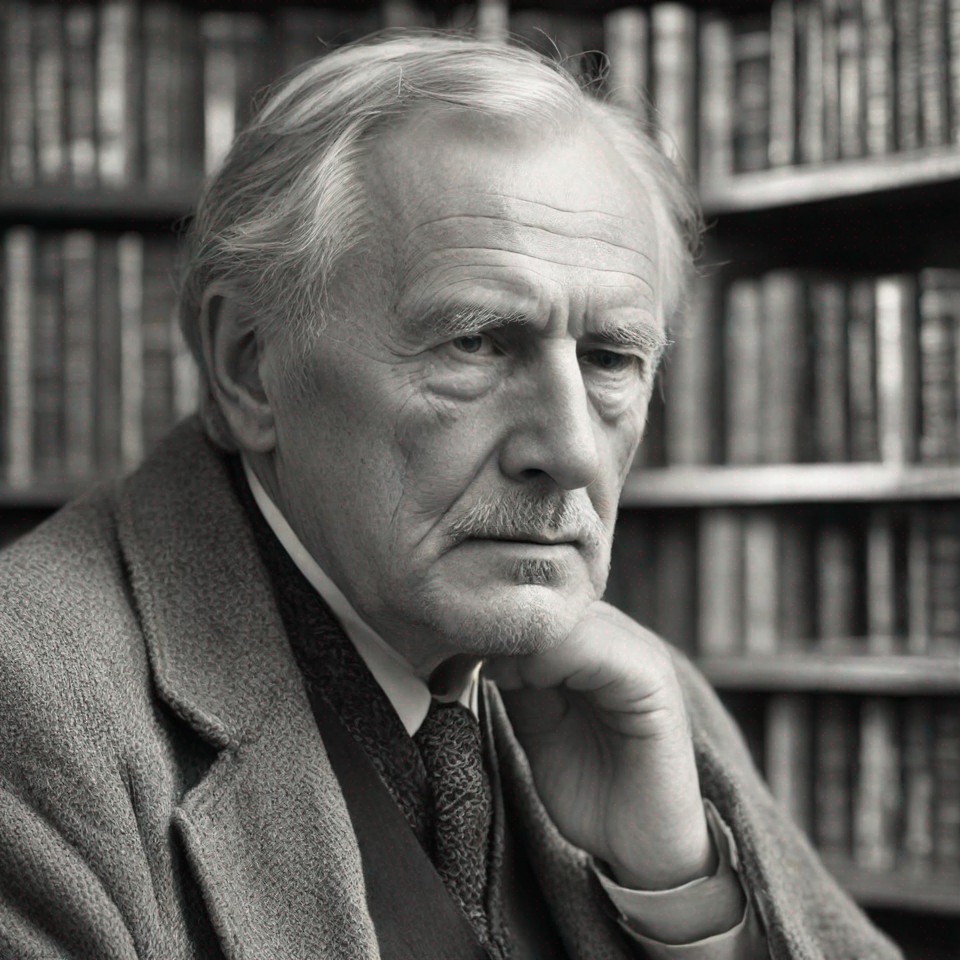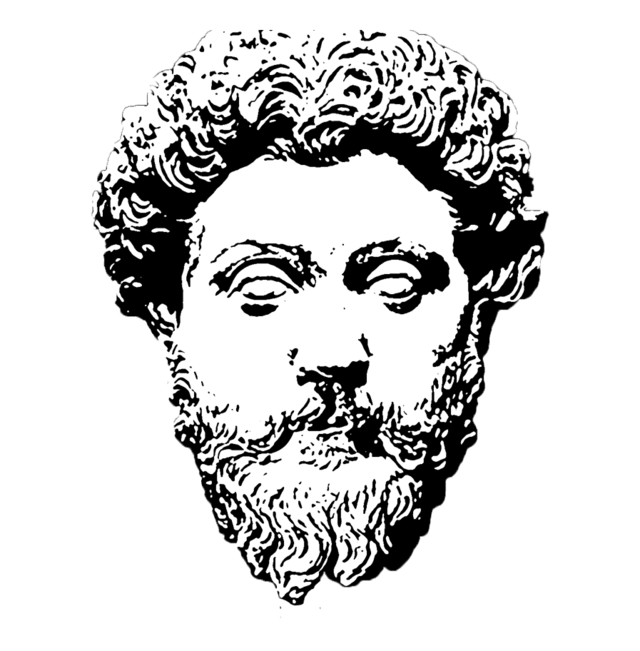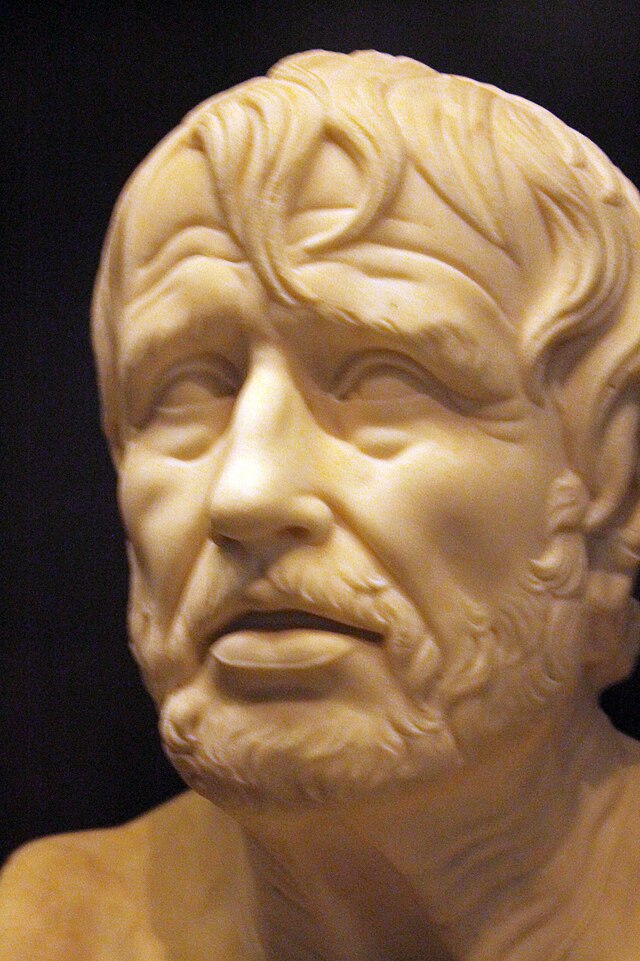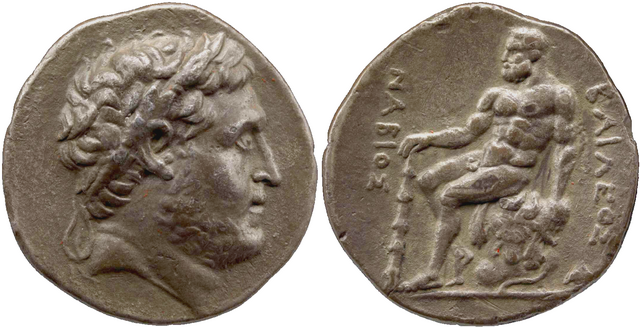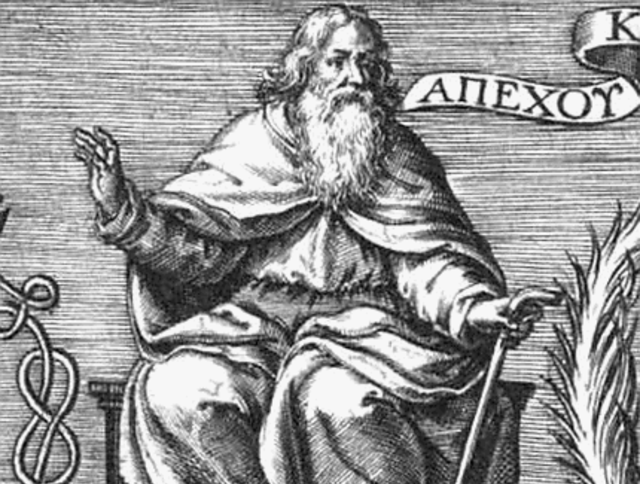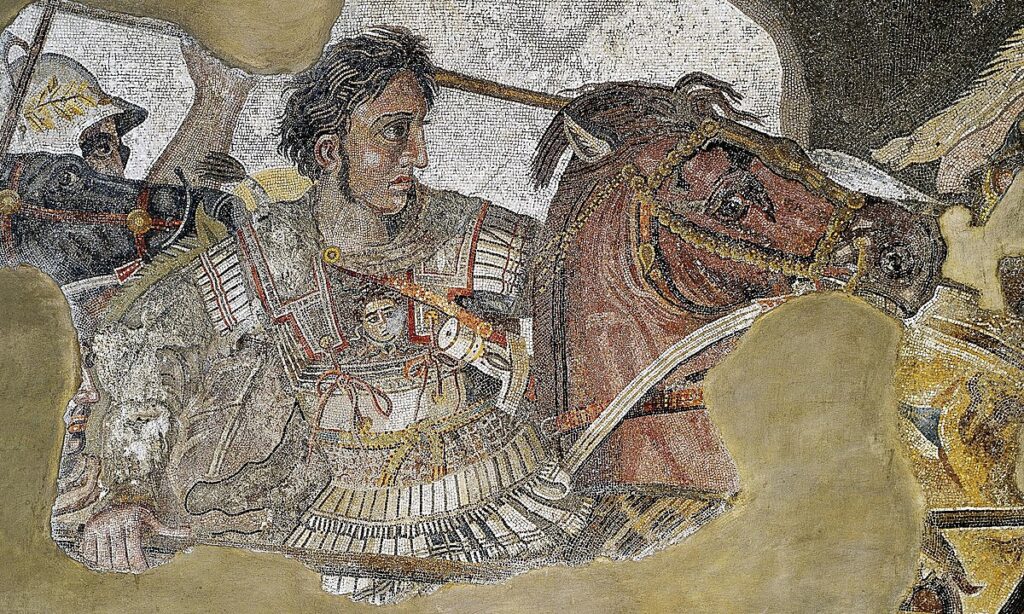Arthur Schopenhauer: The Philosopher of Will and Suffering
Arthur Schopenhauer’s philosophy, centered on the relentless nature of the human will, delves deeply into the unavoidable suffering that comes with existence. His thoughts on the will as the driving force behind endless desires influenced key thinkers like Nietzsche and Jung, shaping their own groundbreaking ideas. Schopenhauer’s work remains significant for anyone seeking to understand the deeper, often darker aspects of life, reminding us of the inevitable realities that come with being human.
Arthur Schopenhauer: The Philosopher of Will and Suffering Read More »
